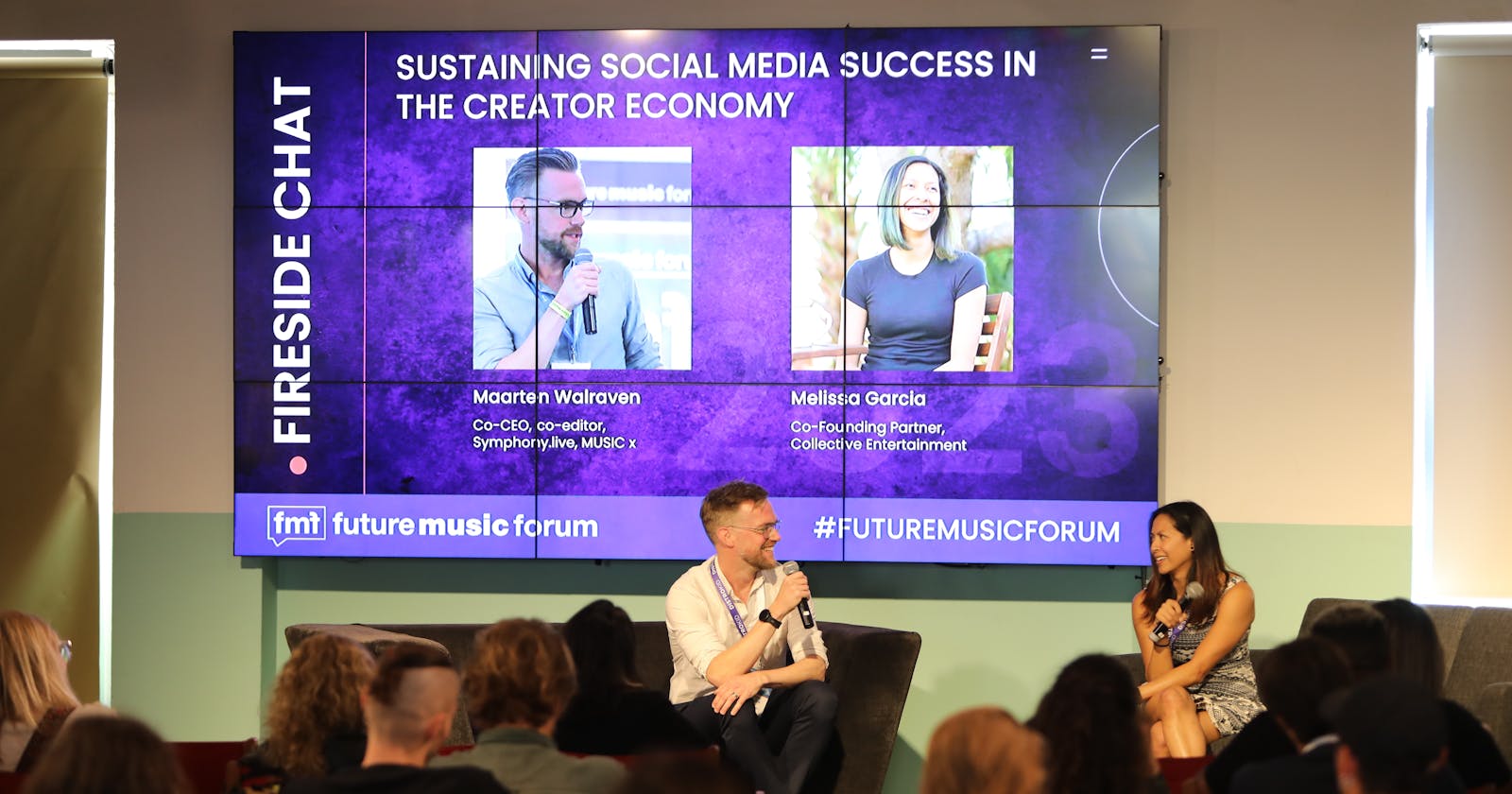There seems to be a growing disconnect in the Music Industry. Streaming growth is slowing at a notable pace, while artists are increasingly looking towards new technologies to become less reliant on streaming. On top of that, there is a shifting perspective in music creation, where virality is viewed as the key metric of a track. This hurts many artists outside of the spotlight who are creating music with other motivations.
With these different key players at odds, how can the industry move forward in an altruistic way? Will Artificial Intelligence be the key to moving the needle in the music industry? Where does the music industry even fit into today’s world saddled with enormous economic challenges, and social media-driven movements?
Broad Strokes
MiDIA Research is a Europe-based group that is dedicated to deep and thorough analysis of the Music Industry. Their work is very influential to businesses in the Music Industry, as it underpins major decision-making and provides market intelligence. Their keynote at the Future of Music Forum (FMF) highlighted many key insights that can inform our perspective on the future of the economy based on music.
One of the most notable points in the MiDIA keynote was about how streaming growth is slowing down. Key players in the space are growing anxious as they seek out new avenues for growth. So what’s happening? Artists are growing tired of low revenue from streaming, and some artists are ditching record labels altogether. Concerts, festivals, and live music are the most profitable avenues for musicians to make a living. But even this can be a grueling undertaking, as many musicians report extreme fatigue and burnout from constant traveling and performing.
As streaming growth slows, musicians have started to shift towards exclusive, in-group-focused incentives that musicians can provide to their audiences. For example, musicians could have early access to music/tracks/demos, or behind-the-scenes content. With this said, we can expect to see an increased focus on these offerings in the future, similar to how content creators on YouTube have largely taken to Patreon to develop communities and monetize their expertise.
So what does this mean for musicians
For musicians just picking up music or those creating and performing on nights and weekends outside of a regular full-time job. Before getting into that, it’s worth noting how large the proportion of musically inclined individuals is compared to those who are pursuing music as a career
As mentioned in the MiDIA keynote, the population of people that range from playing guitar in their room, to playing shows at local venues is by far the largest group in the music community and generally has more money to fund their hobby.
The future of music might lie in investing more in this demographic of the music community. Borrowing from the Strengths, Weaknesses, Opportunities, and Threats (SWOT) framework, we can identify a massive opportunity for the music industry to capitalize on cultivating the experience of hobbyists, amateur performers, or even regularly gigging musicians who are not seeking world fame. With the state of the world in flux after COVID and facing a global recession, many people are seeking job stability in favor of pursuing an artistic career.
AI in the Music Industry
This is an interesting situation- on one hand, we have a declining success rate of musicians based on streaming, and on the other hand, we have a growing demand for musicians to connect with audiences in new ways. How can businesses engage musicians at the amateur level? Perhaps disrupting the model of Open Mic nights or striking gold with a viral TikTok hit might be promising at scale. Artificial Intelligence is also starting to show promise for augmenting the ability of artists to compose music and even find new music.
Although there are a lot of questions about how AI will impact or even replace roles in the music industry, there are more positives that seem to be coming out with initial products. Even though the industry has been volatile and has undergone many transformations over the last several decades, it has a bright future that can hugely impact the lives of musicians and listeners all around the world.
